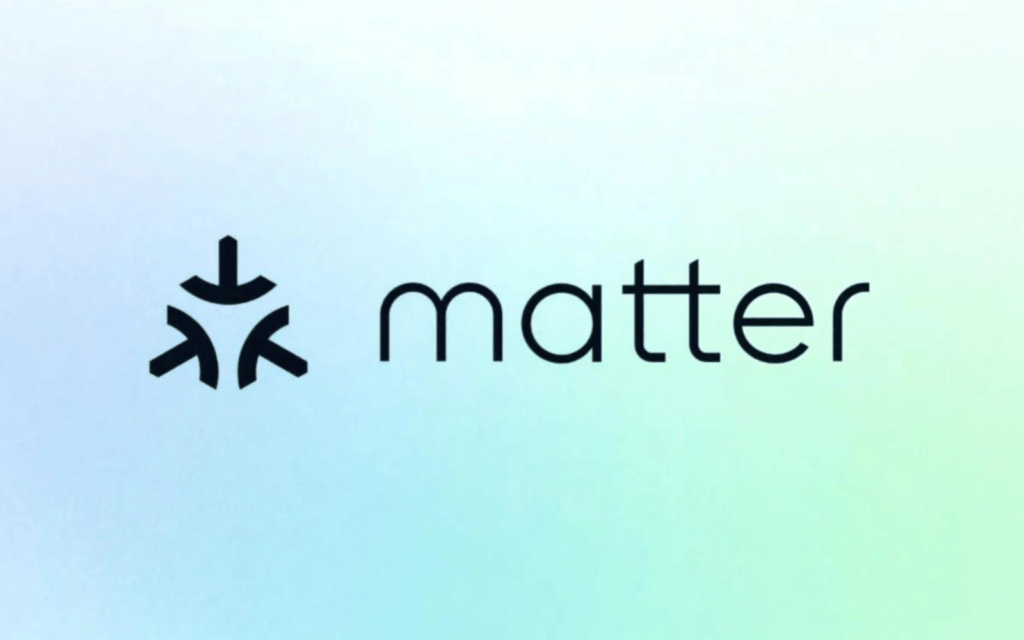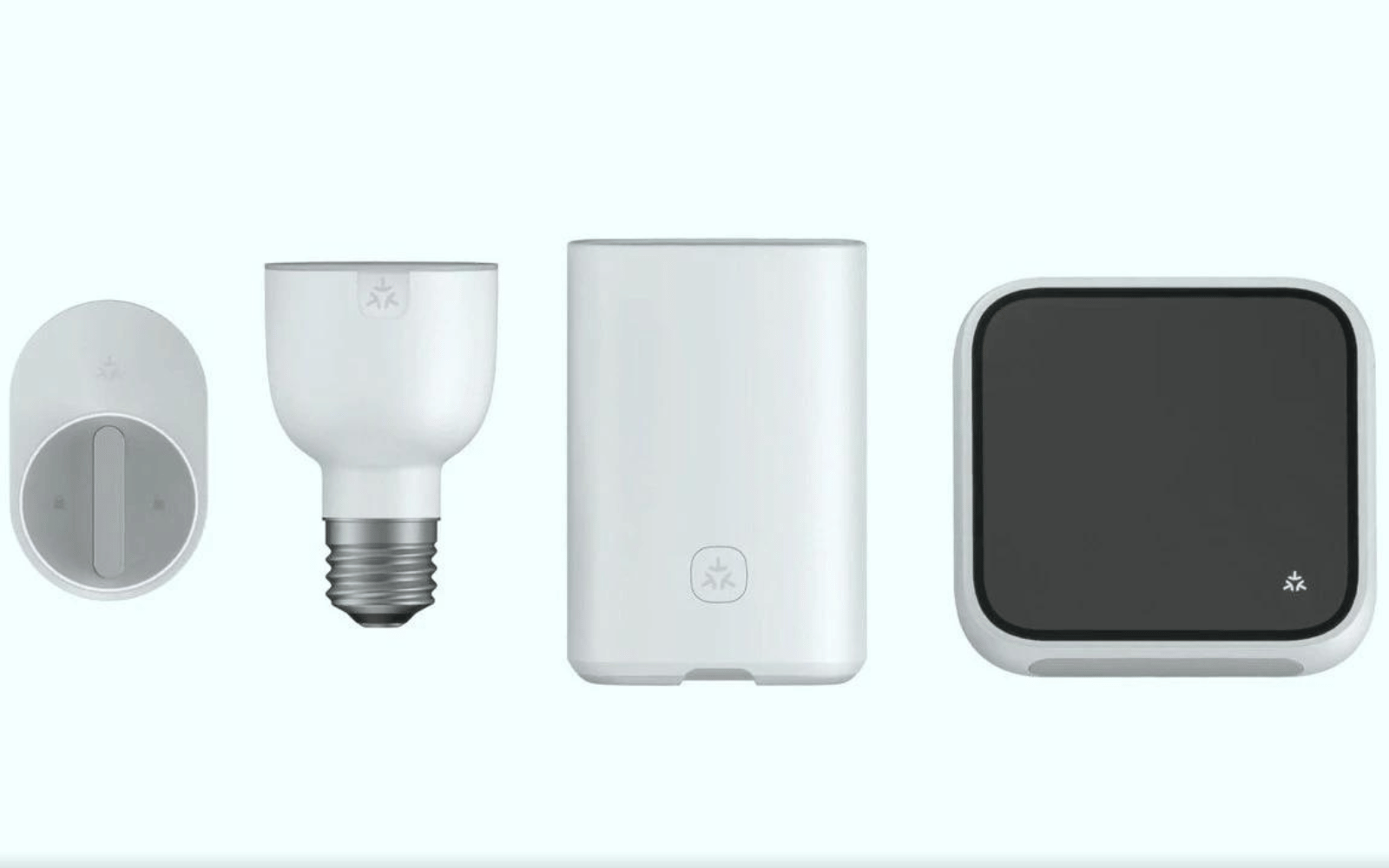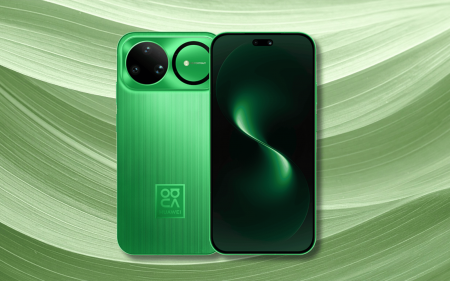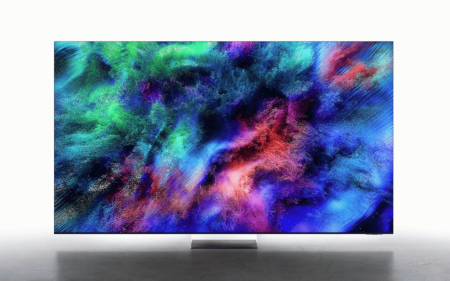Smart homes have been on the horizon for a very long time but there have been issues preventing their uptake. Part of this is cost related but a major problem has been compatibility. Matter, introduced this year, hopes to change all that.
Matter is a new smart home standard backed by the likes of Apple, Amazon, and Google. They collectively make some of the easiest-to-use smart home gear on the planet but historically they haven’t always played nice together. That’s about to change, especially since almost all the major smart home brands are involved as well.
If all goes as planned, it won’t matter who made your smart home gear. It’ll all, thanks to this new standard, just work together. That means a cheaper, less complicated setup without the need for massive amounts of research. Or the need to bring in a specialist to sell you compatible gear.
What’s the Matter, then?
Smart homes have been interesting for a while but they’ve also been obtuse and confusing. Compatibility issues are a contributor here, meaning the average person battles to make sense of what they can and cannot use. Matter’s founding body, the Connectivity Standards Alliance (CSA), calls the standard a “…seal of approval that says smart devices work reliably together—taking the guesswork out of the purchasing process.”
You make use of standards every day. Bluetooth is the same across devices. So is WiFi. Internet access makes use of standards. Even USB ports operate via standards. Matter envisions the same sort of interoperability for smart home products. Instead of Apple products not playing nice with Google and only with some Amazon devices, it could all work together, no matter which brand is on the box in the store. Matter-certified devices — of which there are loads planned from tech players all around the world — would all talk to each other without issues. In theory, anyway.
And it works how?
Matter works, or will work, by permitting IP (internet protocol) networking between devices using Bluetooth LE and WiFi. This opens communication between both physical smart home devices and their various apps and cloud services. It’s open-source, which is the more affordable (and therefore more attractive) option for most. It also means anyone can contribute ideas. And tech giants have some pretty nifty ideas.
Picture an end to product incompatibility. Anything you buy for a smart home works with anything else, all the time. Without, it must be said, the need to set up and connect multiple accounts. That’s possible now (sort of) and it tends to lead to configuration problems and setup frustration. That might just go away, leaving more effective smart home functions as the side effect.
Is there support?
Oh yes. The standard is backed by a body called the Connectivity Standards Alliance. That’s comprised of more than a hundred tech heavyweights, including Amazon, Apple, and Google. Those three are, technically, major competitors so if they’re in on the agreement, we’re probably going to be okay.
Also involved are Meta, Nanoleaf, Samsung (with its SmartThings platform), and loads of other companies that don’t have a major presence in South Africa. You can find a full list of the companies and brands involved on the Matter website.
Does it Matter?
It does, actually. The platform could well have a role to play in mitigating climate change. Anything that makes it easier for the average person to participate in that effort is welcome.
But that’s the best-case scenario. In a broader view, the platform can be viewed as confirmation that smart homes are here to stay. The largest roadblock to smart home tech is interoperability. If Matter can get everybody to play nicely, it’ll only speed along the switch to smarter homes everywhere.





